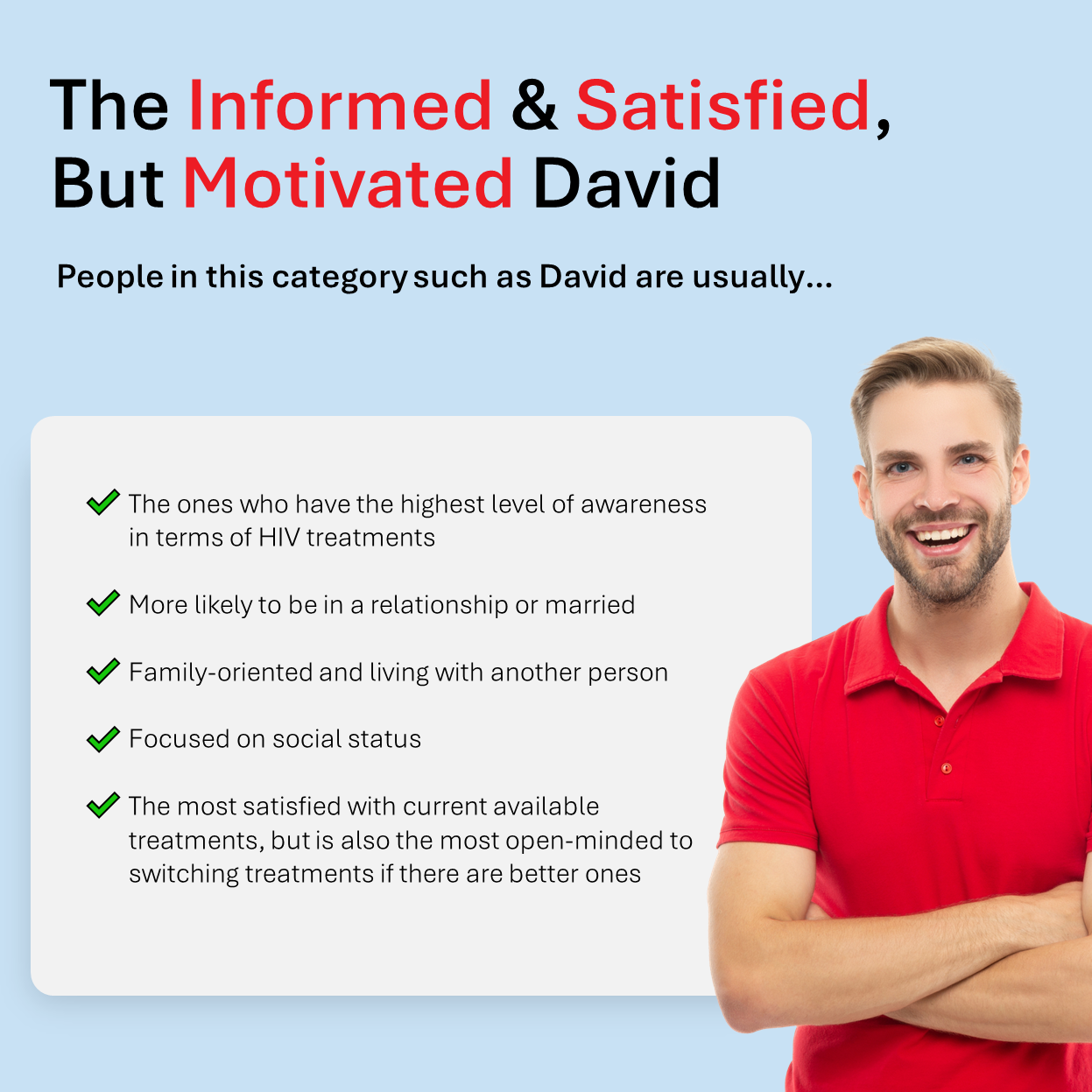In today’s fast-paced healthcare landscape, the need for precise and actionable market research has never been greater. Traditional methods, while valuable, are increasingly being augmented by advanced AI technologies. By leveraging the power of AI, healthcare companies can uncover deeper insights and more accurately identify market opportunities, enhance patient segments, and better optimize engagement strategies.
Here are three key applications of AI in healthcare market research:

1) Market Expansion Research – Where Should You Go?
Identifying new markets for expansion is a critical challenge for healthcare companies. Traditional market research methods require researchers to have some thoughts or ideas on potential markets to consider; further research is then limited to those identified markets. AI transforms this process by rapidly processing vast datasets from diverse sources, such as scientific literature, market reports, and social media trends to uncover potential markets that align with a company’s existing products and capabilities, revealing opportunities that might be missed by human analysts.
Once these potential markets are identified, AI can be leveraged to aggregate data on key market metrics, including potential patient population and demographics, market growth rate, competitive landscape, current competitive or adjacent offerings. This data can be used to evaluate market attractiveness and prioritize key markets to explore further via traditional research methods to ultimately inform strategic decisions on market expansion.
2) Patient Segmentation – Who Should You Target?
Understanding and targeting the right patient segments is essential for effective marketing and resource allocation. Traditional segmentation methods leverage machine learning and AI to cluster and identify key segments, but generally rely on broad demographic data and self-reported insights on behaviour and preferences, which can overlook critical nuances. Through additional techniques such as webscraping and online listening, AI can enhance patient segmentation by analyzing digital footprints. These can include patterns of visits to health-related websites, forums, online support groups, social media activity, mobile app usage, and more. Leveraging AI, healthcare analysts can create detailed segment profiles that incorporate data from digital footprints.
Furthermore, the use of AI can be helpful in markets where use of traditional segmentation approaches is challenging, such as for rare diseases or difficult to reach patient populations. In such situations where data is sparse, technologies such as GenAI can be leveraged to generate synthetic data and create more samples to improve overall robustness of findings.
Traditional research, such as segmentation developed using online survey data, can allow for incorporating provincial/state/regional differences in the segments. Layering digital footprint data gathered and analyzed by AI on top of traditionally developed segments can provide a more granular view of patient segments, enabling more personalized and effective targeting, improving patient engagement and outcomes.
Below is an example of a target persona that AI could target:

3) Patient Journey Mapping – How and When Should You Target?
Mapping the patient journey is vital for understanding how patients interact with and experience healthcare services and determining when to engage them effectively.
Traditional methods of patient journey mapping involve analyzing claims data, which present only a linear clinical journey, or conducting qualitative primary market research which captures more of the emotional journey.
However, these methods can be linear and fail to capture the complexity of modern patient behaviors. Incorporating AI into this analysis offers a dynamic approach, analyzing real-time data from various touchpoints, including insight on health-related search queries (to reveal patient concerns, symptoms most often researched, interest in specific treatments), website visits, social listening, and healthcare service usage. AI technology can aggregate insights on a large variety of patient experiences from these resources, and enable you to more accurately modify a patient journey map for each unique patient segment. This is especially helpful for gathering data for rare disease patients, or for difficult-to-recruit patient populations as it allows you to gather insights from a much large sample than what is achievable through traditional market research methods
AI-enhanced patient journey mapping can highlight key moments when patients are most receptive to engagement, for example, it can identify patterns indicating when patients are likely to seek information about new treatments or schedule appointments. It can also identify critical external factors that can lead to vastly different experiences and health outcomes for different patient segments. By understanding these nuances and touchpoints, healthcare companies can ensure they reach patients at the most critical times, and develop added services for their patient support programs, to better support and enhance the overall patient experience.

Augmenting Traditional Research Methods
While AI offers significant advantages, it is not meant to replace traditional market research methods but to augment them. Traditional methods provide foundational knowledge and context, while AI adds depth and precision. The integration of AI with traditional research creates a more robust framework for decision-making.
While leveraging AI has many benefits, it is also important to protect against risk by using Enterprise AI solutions with enhanced security and privacy measures. Such solutions are crucial when handling confidential information and can be configured to comply with specific privacy regulations (e.g. GDPR, HIPAA). Models on enterprise platforms can also be trained on specialized data, allowing the AI to better understand and generate industry-specific or company-specific language, thereby enhancing its relevance and accuracy compared to publicly available solutions.
By leveraging AI, we can uncover hidden patterns and correlations, providing insights that complement the quantitative and qualitative data gathered through traditional research. This synergy between AI and traditional methods leads to a more comprehensive understanding of the market. As the healthcare landscape continues to evolve, the use of AI in market research will be a key driver of innovation and success.



